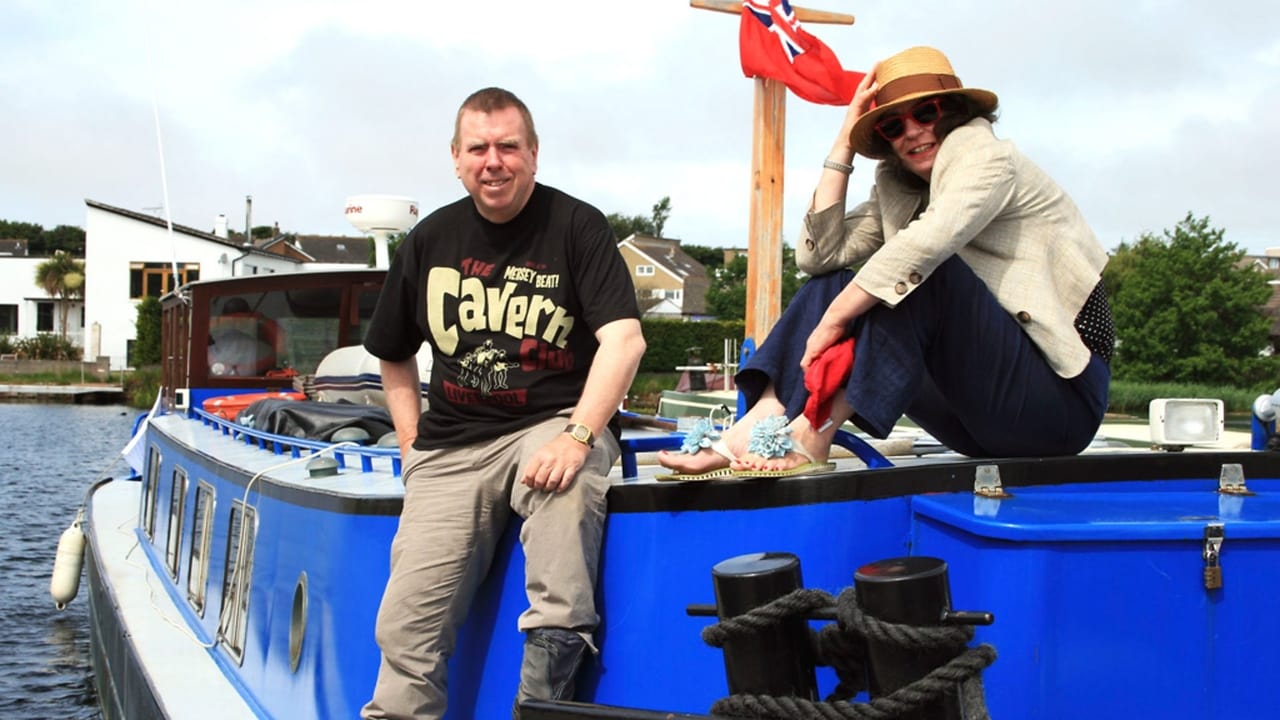

BBC Four
Featured Show:
Timothy Spall: Back At Sea
Untrained mariner Timothy Spall has spent a fortune on technology for his new challenge - the unpredictable Irish Sea - as he and his wife continue their mini-odyssey around Britain
BBC Four TV Shows
435 shows • Page 13 of 22
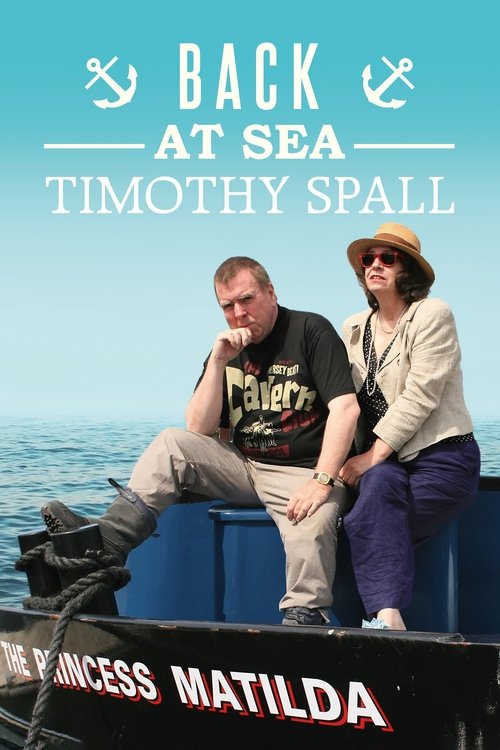
Timothy Spall: Back At Sea
Untrained mariner Timothy Spall has spent a fortune on technology for his new challenge - the unpredictable Irish Sea - as he and his wife continue their mini-odyssey around Britain
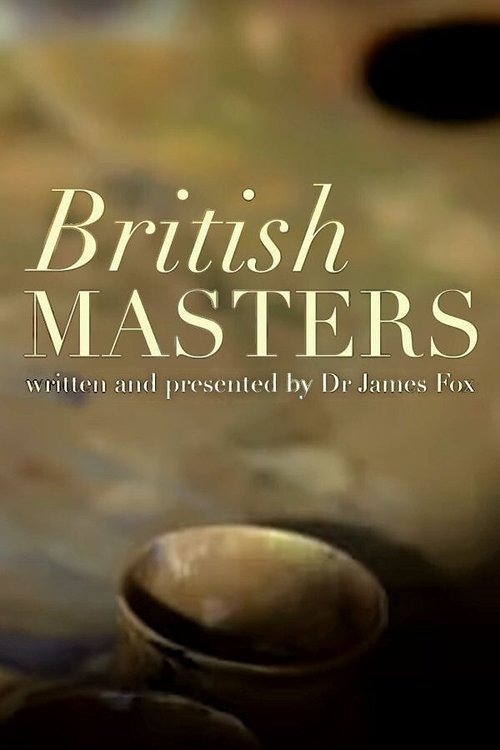 0
0British Masters
British Masters is a three-part BBC television series on 20th century British art, presented by Dr James Fox and first broadcast in July 2011 on BBC Four. The series covers the period from 1910 to 1975. The first programme explored the lives and works of Mark Gertler, Lawrence Alma-Tadema, Walter Sickert, Wyndham Lewis, Lawrence Atkinson, David Bomberg, Richard Nevinson, Paul Nash and Stanley Spencer. The second programme explored the works of John Nash, Stanley Spencer, Alfred Munnings, William Coldstream, Paul Nash and John Piper. In the third programme, subtitled 'A New Jerusalem,' Fox explored British art in the aftermath of the 2nd world war, and examined the works of Lucian Freud, Graham Sutherland, Francis Bacon, Richard Hamilton, David Hockney and Keith Vaughan. In this final programme of the series Fox explored how the themes of evil, brutality, dehumanisation, consumerism and optimism can be seen in the works of these postwar artists. Fox contends in this programme that the death of Lucian Freud and the emergence of conceptual art have marginalised, eclipsed and brought to an end the tradition of British figurative painting. In each case, the backgrounds, techniques, subjects and interests of each artist are analysed against a backdrop of the social and political events of their day, especially the two world wars, the decline of Edwardian values and traditions, the poverty and economic turmoil of the 1920s and 1930s and the relative sense of optimism following both wars. The programmes also reflect a personal and national search for security in enduring but elusive British values, beliefs and identity in what Fox depicts as a century of crisis and upheaval, in which much more had perhaps been lost than gained.
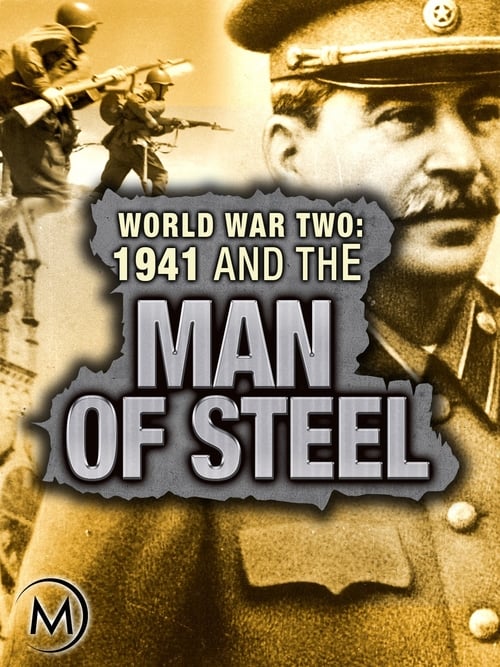
World War Two: 1941 and the Man of Steel
English historian David Reynolds reassesses Stalin's role in the life-and-death struggle between the Soviet Union and Germany in World War II.
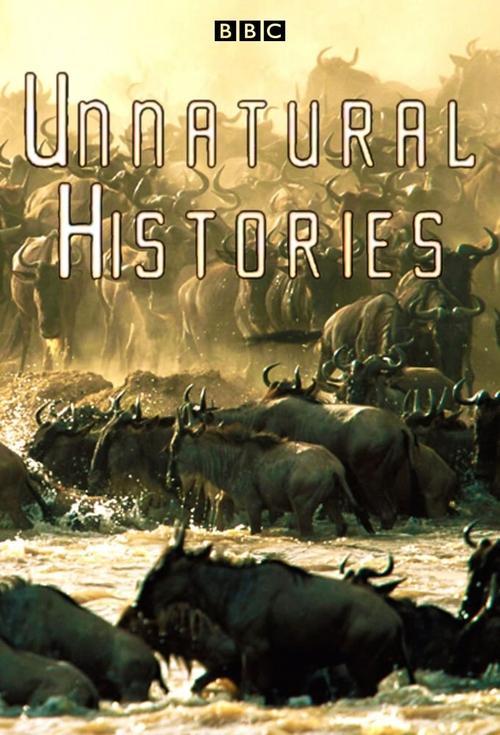 0
0Unnatural Histories
Unnatural Histories is a 3-part British television documentary series produced by the BBC and BBC Natural History Unit. It takes a new look at three of the world's most iconic wildernesses; the Serengeti, Yellowstone National Park and the Amazon and discovers that far from being wild and untouched, each has been shaped over time by man. It was first broadcast on BBC Four 9–23 June 2011.
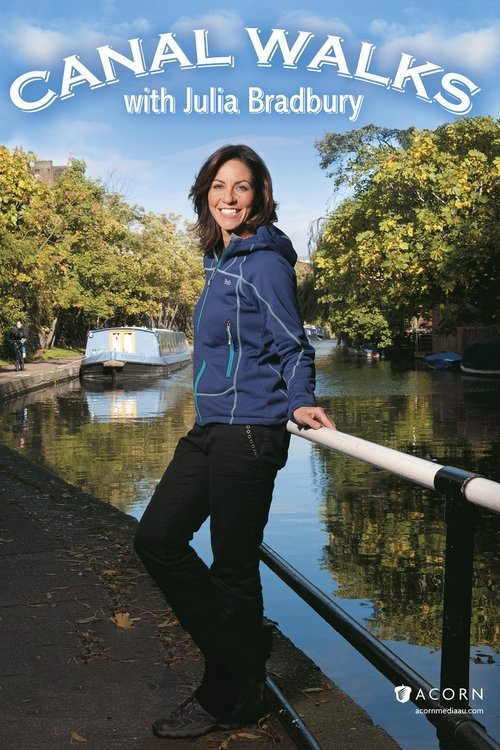 0
0Canal Walks with Julia Bradbury
Julia Bradbury dons her walking boots to explore her own British backyard, travelling along the country's network of canals and their accompanying towpath trails.

The Gene Code
Dr Adam Rutherford explores the consequences of one of the biggest scientific projects of all time - the decoding of the entire human genome.
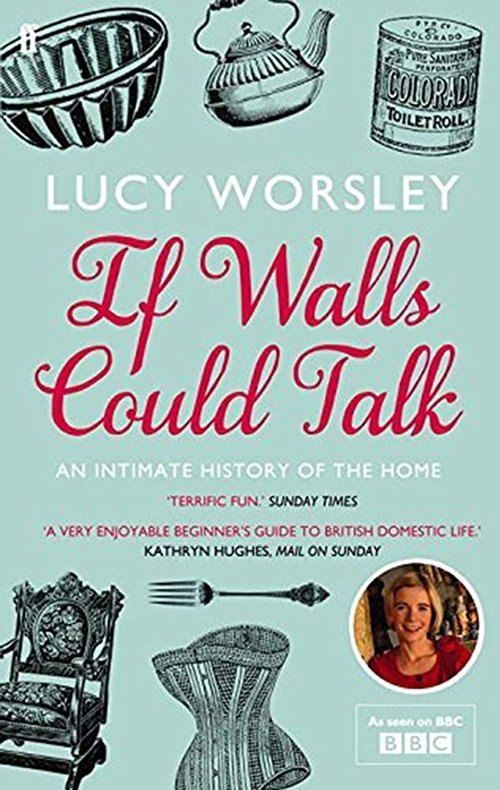
If Walls Could Talk: The History of the Home
Lucy Worsley, chief curator of the historic royal palaces, takes us through 800 years of domestic history by exploring the British home through four rooms, meeting experts and historians on the way.
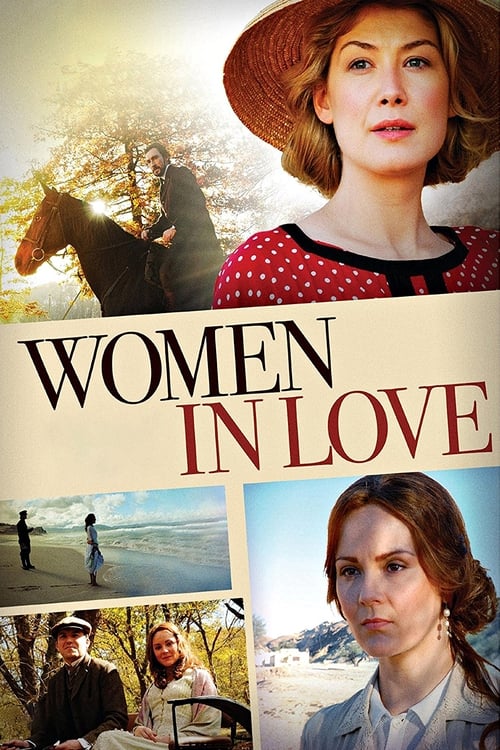
Women in Love
Powerful adaptation of DH Lawrence's novels The Rainbow and Women in Love, focusing on the lives of two sisters as they struggle with love, passion and commitment in the build-up to WWI.
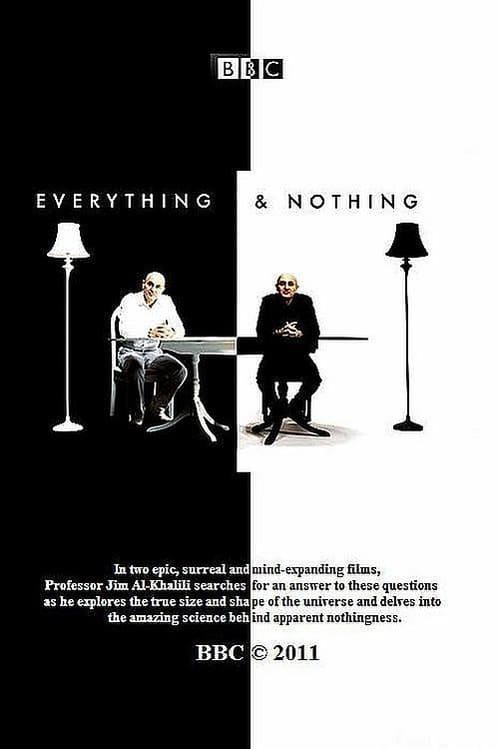
Everything and Nothing
Two-part documentary which deals with two of the deepest questions there are - what is everything, and what is nothing? Professor Jim Al-Khalili searches for an answer to these questions as he explores the true size and shape of the universe and delves into the amazing science behind apparent nothingness.
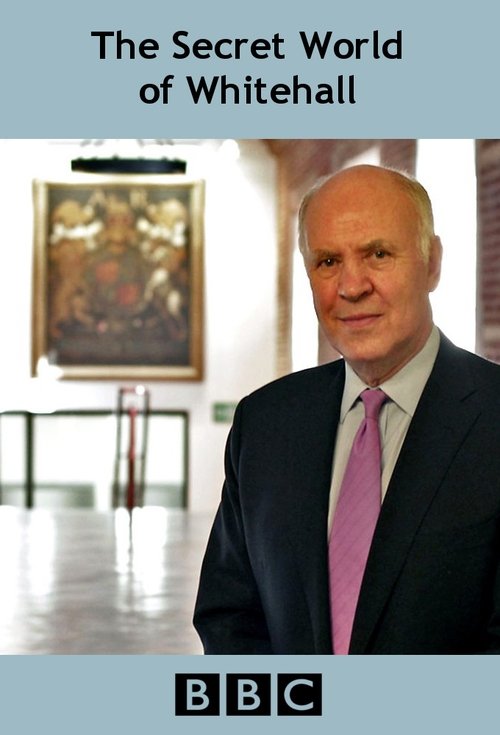 0
0The Secret World of Whitehall
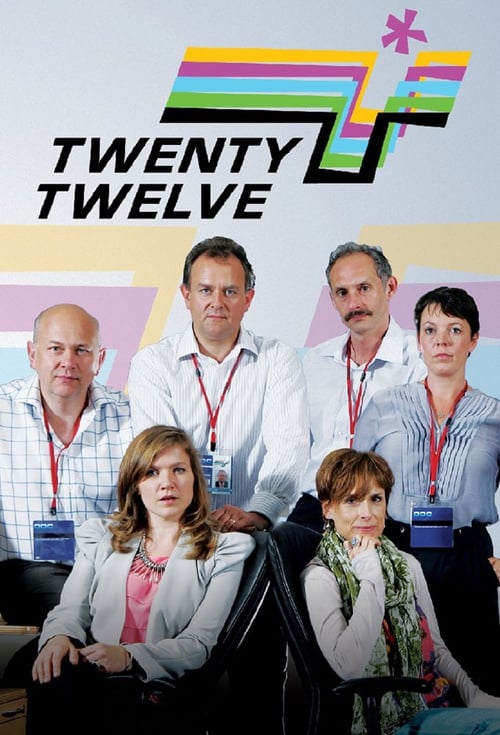
Twenty Twelve
A mock-documentary following the challenges - both personal and professional - faced by the team responsible for delivering the biggest show on Earth: the 2012 Olympics. From getting a busload of non-English speaking Brazilians from A to B, who to appoint to run the Cultural Olympiad and what to do when the much-vaunted wind turbines won't turn because there's no wind, it's all in a day's work for the men and women whose job it is to stage the greatest sporting event in the world.
 0
0Agony & Ecstasy: A Year with English National Ballet
 0
0The Story of Variety with Michael Grade
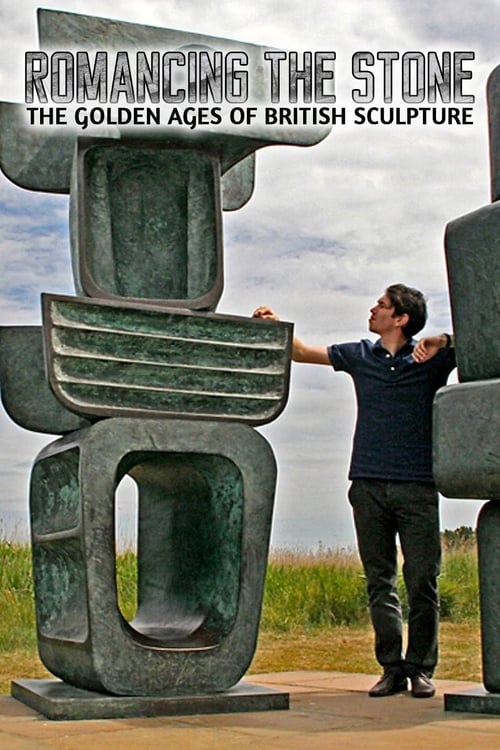 0
0Romancing the Stone: The Golden Ages of British Sculpture
Alastair Sooke examines three periods in the history of British sculpture and the masterpieces they produced.
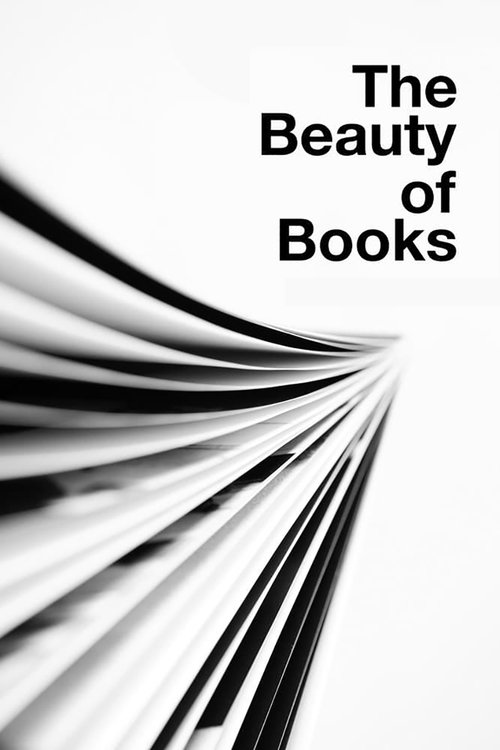 0
0The Beauty of Books
Series combining human stories, expert interviews, book illustrations and historic archive to reveal the beauty of books.
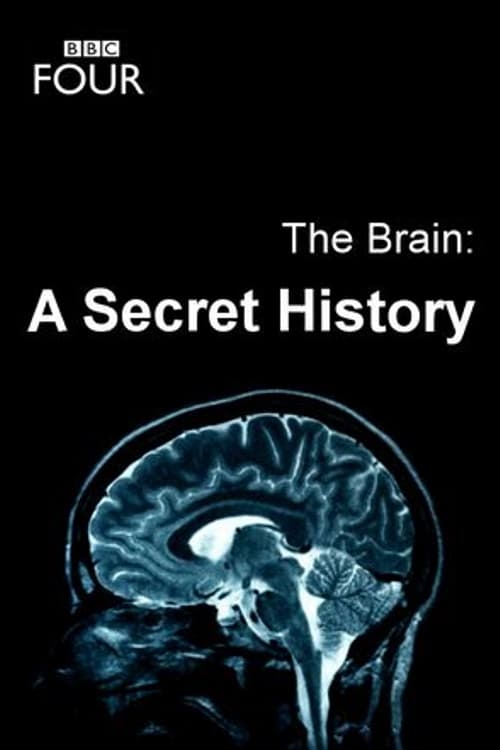 0
0The Brain: A Secret History
Michael Mosley embarks on three journeys to understand science's last great frontier - the human mind - as he traces the history of the attempts to understand and manipulate the brain.
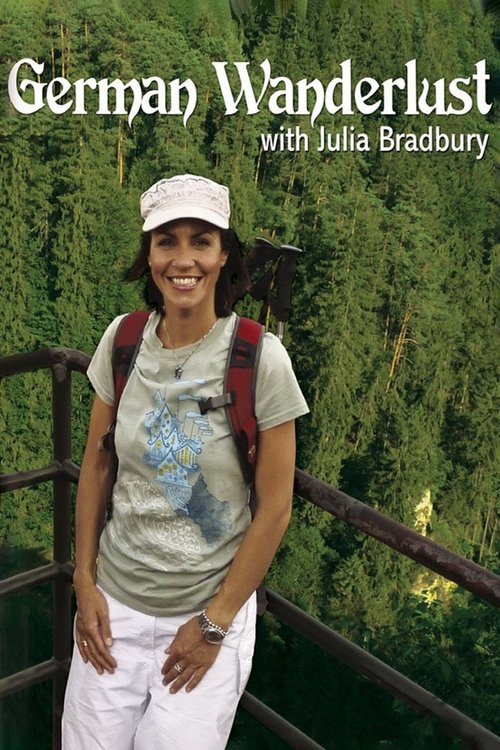 0
0Julia Bradbury's German Wanderlust
Julia Bradbury takes her boots and backpack to the Continent to explore the landscape of Germany and the cultural movement that made it famous - Romanticism
 0
0Al Murray's German Adventure
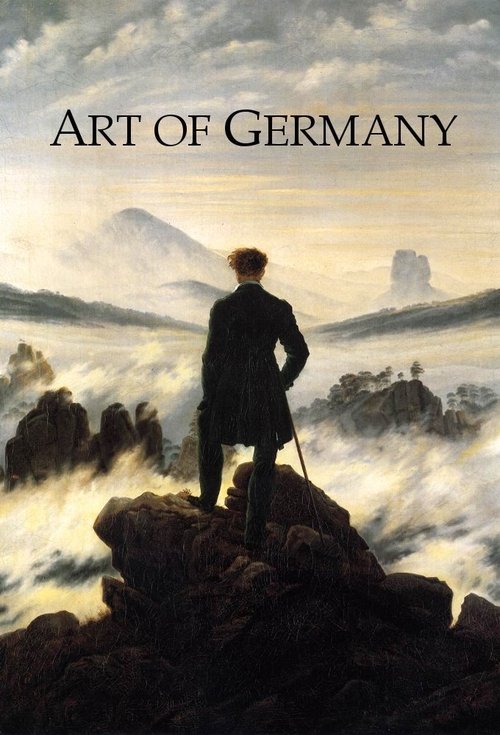
Art of Germany
In an absorbing study, Andrew Graham-Dixon tells the story of a national art that conveys passion, precision, hope and renewal. He juxtaposes escapism with control and a deep affinity with nature against love for the machine. The fascinating story takes us from the towering cathedral of Cologne, the woodcuts of Albrecht Dürer and paintings of Grünewald to the gothic fairytale Neuschwanstein Castle, the Baltic landscapes of Caspar David Friedrich and the industrialisation lent expression of Adolph Menzel and Käthe Kollwitz. As the series progresses, it presents a rare focus on the cultural impact of Hitler's obsession with visual art, reveals how art became an arena for the Cold War and examines the redemptive work of the "visionary" Joseph Beuys – the most influential artist of modern times.
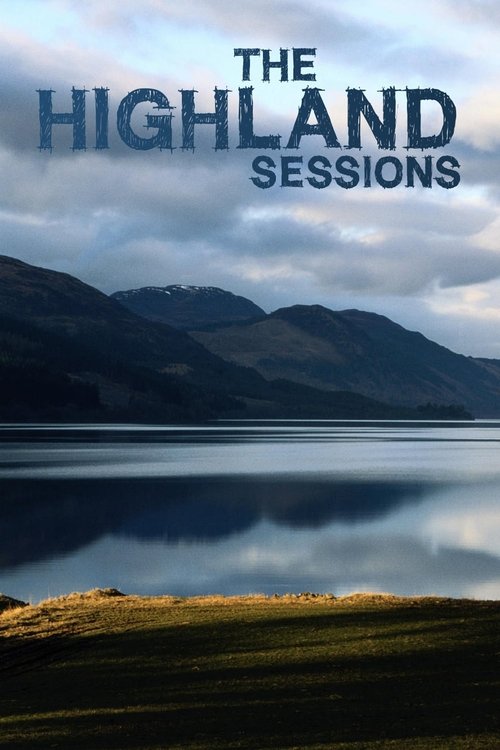 0
0The Highland Sessions
Series celebrating the historical and contemporary links between Scottish and Irish Gaelic song by bringing together top exponents of both traditions to sing and play with no audience except themselves, using a house band of their peers.